Embarking on a memorable adventure and hitting the open road in your Phoenix Cruiser RV can be absolutely exhilarating. The wind in your hair, the freedom to explore, and the thrill of turning every corner into a new discovery make this experience unparalleled. However, as with any mechanical marvel, there may be occasional hiccups and snags along the way. Fear not, fellow wanderlust enthusiasts, for this comprehensive guide will take you on a troubleshooting journey that explores all the common Phoenix Cruiser RV problems and equips you with the knowledge to conquer them with ease. From finicky electrical systems to leaky plumbing nightmares, this guide has got you covered. So, buckle up and get ready to transform roadblocks into stepping stones on your next epic adventure!
Table of Contents
What is Phoenix Cruiser RV?
Phoenix Cruiser RV is a leading manufacturer of motorhomes and recreational vehicles. They specialize in making luxury Class A and Class C motorhomes for those who want to enjoy the freedom of the open road. With Phoenix Cruiser, you can have all the amenities of home with you while exploring the great nation’s beautiful landscapes.
Phoenix Cruiser RV has some important features, that you should consider when looking for an RV:
- Quality construction: All Phoenix Cruiser RVs are built using the highest quality materials and craftsmanship, making them some of the most durable motorhomes on the market.
- Comfort: Phoenix Cruiser provides a comfortable and luxurious living environment with amenities like an entertainment center, refrigerator, microwave oven, air conditioner, and more.
- Reliability: Phoenix Cruiser has a proven track record of dependability and excellent service. They stand behind their products and offer extended warranties for added peace of mind.
- Innovative design: Phoenix Cruiser RV is constantly innovating and introducing new technologies to enhance the user experience, which sets them apart from other motorhomes in the market [1].
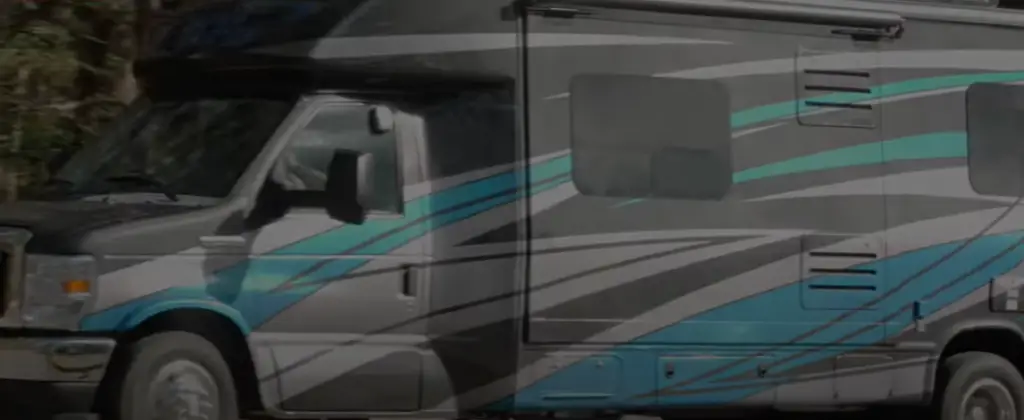
Common Problems with Phoenix Cruiser and the Solutions
City Water Leak
If you notice water leaking from the city water connection, there are a few steps you can take to fix the problem. First, carefully inspect all exposed plumbing components on the exterior of your RV for any visible signs of damage or leakage, such as cracks or loose connections. Pay close attention to areas where the water connection is located, as well as any nearby pipes or fittings.
Next, if no obvious issues are found, it may be time to examine the seals around the city water inlet on your RV. Look for any indications of wear and tear, such as dried-out or cracked seals. In case you come across any damaged seals, it is recommended to replace them as a precautionary measure.
By following these detailed steps, you can effectively address the issue of water leakage from the city water connection on your RV and maintain a well-functioning plumbing system.
Battery Issues
One of the most common issues with Phoenix Cruiser RVs is battery problems. If your RV is not starting up or staying running as long as expected, it may be time to check your battery.
The first thing to do is make sure the terminals on your RV’s battery are clean and free from corrosion. If you find any build-up, it’s important to clean them properly with a brush or other appropriate tool. Additionally, inspect the connection between the positive and negative cables for signs of damage, such as fraying or broken wires.
Next, test the charging system of your RV’s battery using a multimeter. This should help you determine whether the battery is receiving enough power for it to work correctly. If you notice that the charging system is not performing up to par, it may be necessary to have the electrical system on your RV serviced by a professional technician.
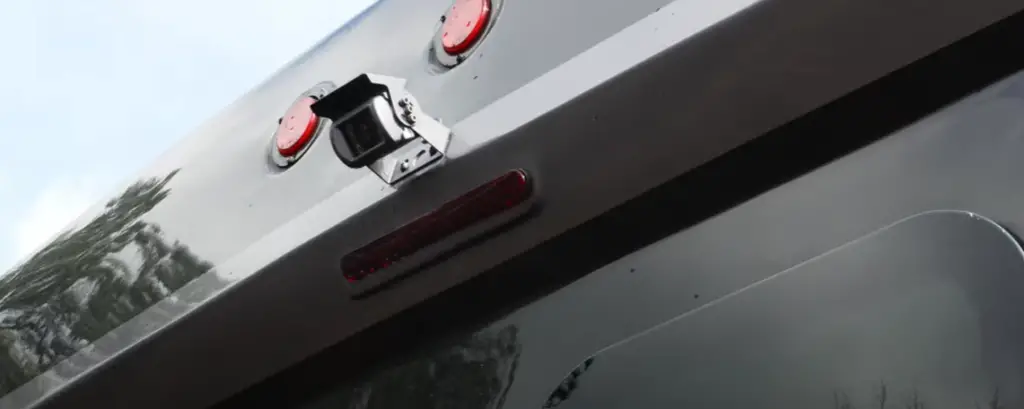
Slide Out Failure
The slide-out system on Phoenix Cruiser RVs is one of the most complex components and can be prone to problems. If your slide-out isn’t working properly, make sure to inspect the motor first. The motor should be clean and free from debris or dirt build-up that may be causing it to malfunction.
Another issue that could cause a slide-out to fail is a lack of lubrication. To address this, apply fresh grease or oil to the moving parts on your slide-out system, such as the motor and the tracks. This should help reduce wear and tear on these components and prevent them from seizing up in the future.
Finally, check for any visible signs of damage or faulty wiring that could be causing the slide-out system not to engage. If you notice any issues, it is best to have them repaired by a professional technician as soon as possible in order to ensure that all components of your RV’s slide-out are working correctly.
Vibrating AC
If the air conditioning unit in your Phoenix Cruiser RV is vibrating, it may be due to a buildup of dirt and grime. Start by checking the outside coils of the AC unit for any debris or dust that could be causing it to shake. If you find any build-up, gently clean it off with a brush and some warm water.
In addition, make sure to inspect the fan blades and surrounding components for any signs of damage or wear. If any of these parts are cracked or broken, it is recommended to replace them as soon as possible in order to prevent further vibrations from occurring.
Finally, if you notice that the AC unit still continues to vibrate after cleaning the coils and checking the fan blades, it may be time to call a professional technician for further assistance. They can help diagnose and repair any underlying issues that may be causing the vibrations in your RV’s air conditioning unit.
Rainwater Leakage
Rainwater leakage is another common issue with Phoenix Cruiser RVs. To prevent water from entering your RV, it is important to check the seals around windows and doors regularly for any signs of damage. Additionally, inspect the sides and roof of your RV for any visible cracks or holes that could be allowing water to enter the interior.
In case you find any issues, it is recommended to immediately take steps to repair them to prevent further water damage. Additionally, make sure your RV’s gutters and downspouts are clear of any debris so that water can flow freely away from the sides and roof of your vehicle.
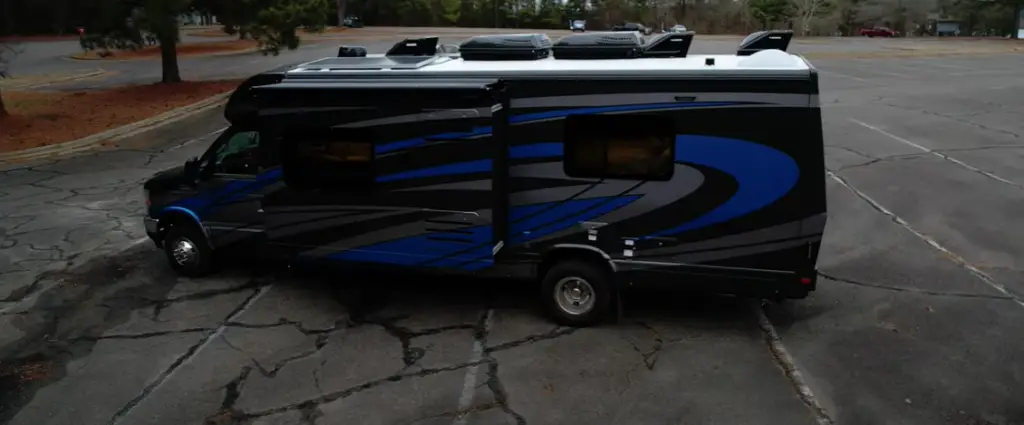
Leaking Valve Extenders
Valve extenders are a common source of water leakage on Phoenix Cruiser RVs. To address this issue, start by inspecting the valve extender for signs of wear and tear, such as cracking or warping. If you notice any issues with the valve extender, it is best to replace it immediately to prevent further water leakage.
Next, closely inspect the seals around the valve extender for any visible signs of damage. If you find any worn or cracked seals, these should be replaced as soon as possible to ensure a secure connection and prevent water from entering your RV’s interior.
Finally, check your RV’s pressure regulator for any issues that may be causing low water flow. Low water flow can cause water to back up and potentially leak from the valve extender. If necessary, have your RV’s pressure regulator serviced or replaced to ensure proper water flow.
By following these detailed steps, you can effectively address any issues with leaking valve extenders on Phoenix Cruiser RVs and maintain a well-functioning plumbing system.
Battery Disconnect Solenoid Failure
The battery disconnect solenoid is a critical component of your RV’s electrical system, and if it fails, you won’t be able to start your vehicle. To diagnose this issue, inspect the connections of the solenoid for any signs of corrosion or looseness. If necessary, clean these connections with a wire brush or other appropriate tool.
Additionally, inspect the wiring for any visible signs of damage or fraying. If you notice any issues with the wiring, it is important to have them repaired by a professional technician as soon as possible in order to ensure that the solenoid is able to perform its function correctly.
By following these steps, you can effectively troubleshoot any issues with the battery disconnect solenoid on your Phoenix Cruiser RV and prevent it from failing in the future.
Miscellaneous Issues
If you are experiencing any other issues with your Phoenix Cruiser RV, the best thing to do is to take it to a service center and have it inspected by an experienced professional. They can diagnose any potential problems and suggest the appropriate repairs or replacements in order to keep your vehicle functioning at its best.
Whether you are dealing with electrical, plumbing, or mechanical issues, it is important to address them promptly and properly in order to ensure that your RV remains safe and reliable. Taking the time to troubleshoot any problems with your Phoenix Cruiser RV now can save you money in the long run by preventing more significant repairs down the road [2].
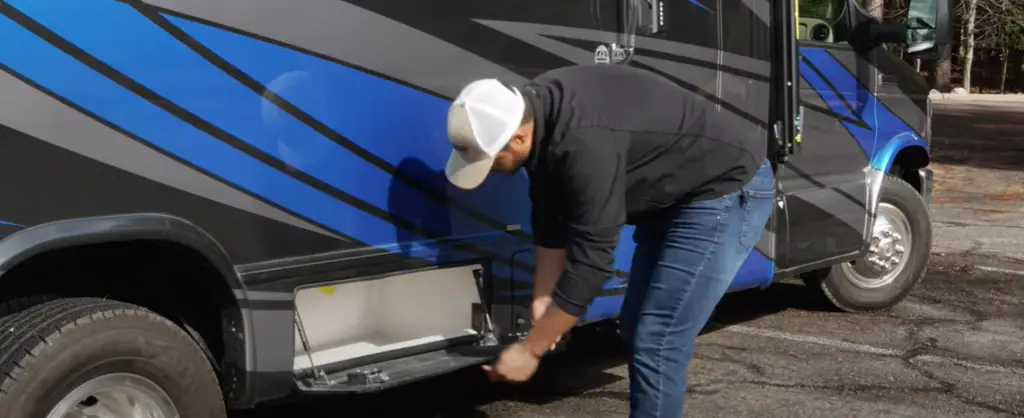
How to maintain an RV?
Maintaining an RV can be a daunting task, especially for first-time owners. Regular upkeep is essential to keeping your motorhome running smoothly and safely. The following are some tips on how to maintain your RV:
1. Change the engine oil
Regularly changing your engine oil is one of the most important steps when it comes to proper RV maintenance. Doing so can help keep your engine running efficiently and prevent wear and tear over time. Make sure you check the manufacturer’s guidelines for the specific type of oil required for your RV engine before doing any work.
2. Check brakes
Making sure that your RV brakes are in good condition is a must – malfunctioning brakes can be very dangerous. Check your brakes regularly and make sure they are in good working order. If you’re not comfortable doing this yourself, consider taking your RV to a mechanic for a professional inspection.
3. Inspect tires
Inspecting your RV tires should be done on a regular basis – it is important to check the depth of the treads and the overall condition of the tires. Make sure that they are properly inflated and that all lug nuts are secure. Also check for signs of wear or damage, as this can cause problems with performance and safety.
4. Clean air filter
Your RV’s engine needs a clean air filter to run smoothly – it filters out dust and debris from the air before it enters the engine. Make sure to regularly check and clean your RV’s air filter. If it is too dirty or clogged, replace it with a new one to ensure optimum performance.
5. Check plumbing
Plumbing is an important part of keeping your RV running smoothly. Make sure to inspect pipes regularly for any signs of leaks or blockages. You should also check all the connections and valves to make sure they are in good working order.
6. Test batteries
Regularly testing your RV’s batteries is essential for keeping them in top condition. Make sure that you use a voltmeter or multimeter to test the voltage of your RV’s battery and replace it if necessary.
Maintaining an RV is important for keeping it in top condition and ensuring your safety on the road. Following these tips will help you keep your RV running smoothly and reliably for years to come.
FAQ
Who manufactures the Phoenix Cruiser RV?
The Phoenix Cruiser RV is manufactured by Phoenix USA, Inc. The company has been providing RVs to customers since 1971 and is located in Elkhart, Indiana. They offer a wide range of models and sizes for any type of recreational vehicle needs. Their products are made with quality materials, backed by reliable customer service and support.
What should I do if I experience problems with my Phoenix Cruiser RV?
If you are experiencing issues or problems with your Phoenix Cruiser RV, the first step is to contact the company directly. Visit their website for more information about how to seek customer support and troubleshooting services. It is also a good idea to have your vehicle inspected by an experienced technician who can diagnose and repair any potential issues. Additionally, you can consult the owner’s manual or online resources to find solutions to specific problems.
Is a Phoenix Cruiser a Class A or C?
The Phoenix Cruiser RV is a Class C motorhome. Class C vehicles are built on a truck or van chassis and usually feature an over-cab sleeping area, which makes them popular with travelers who want the convenience of having all their living space in one vehicle. They are relatively lightweight and fuel-efficient compared to larger Class A RVs.
Useful Video: Phoenix Cruiser 2552 Walkthrough – Features & Highlights
Conclusion Paragraph
Phoenix Cruiser RV can have problems, but it’s important to remember that these problems are generally easy to fix and maintain. With regular maintenance and cleaning, you can extend the life of your RV and keep it running smoothly for many years to come. If something does happen to go wrong with it, there are plenty of troubleshooting guides available online that can help you identify what’s going on and how to fix it. And if all else fails, you can always reach out to a professional RV repair service that can give you the help or advice that you need. So don’t be afraid of RV troubleshooting – just take your time and tackle it head-on!
References:
- https://www.campersinn.com/product-phoenix-usa
- https://www.rvcampgear.com/most-common-phoenix-cruiser-problems/

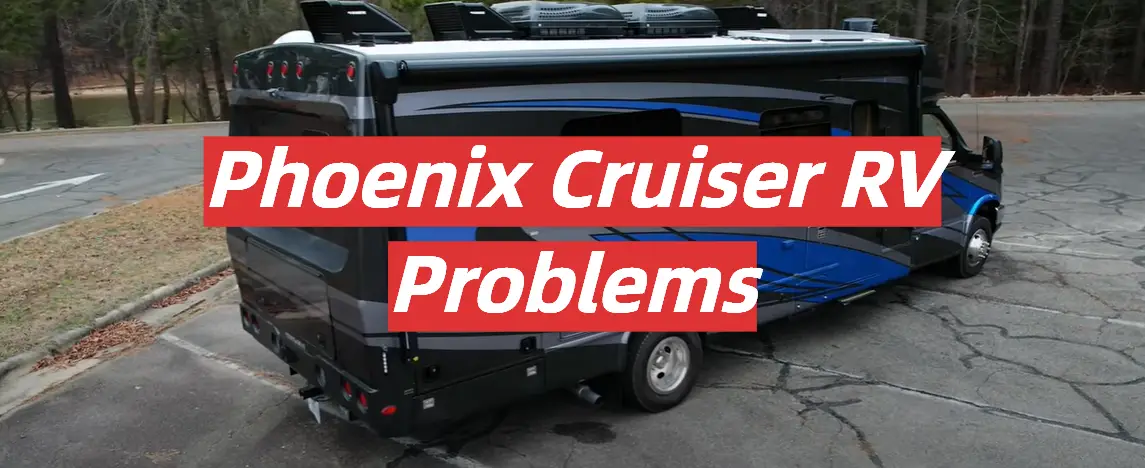
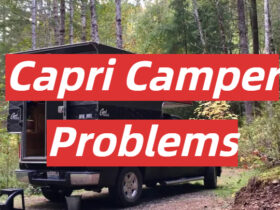
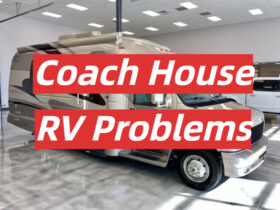
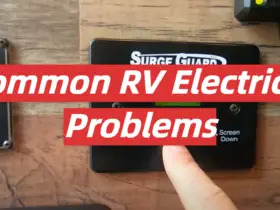
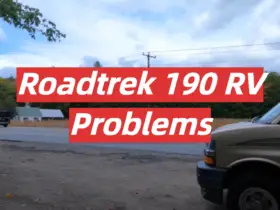
Leave a Reply